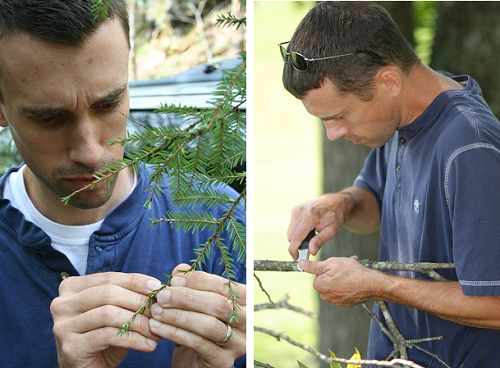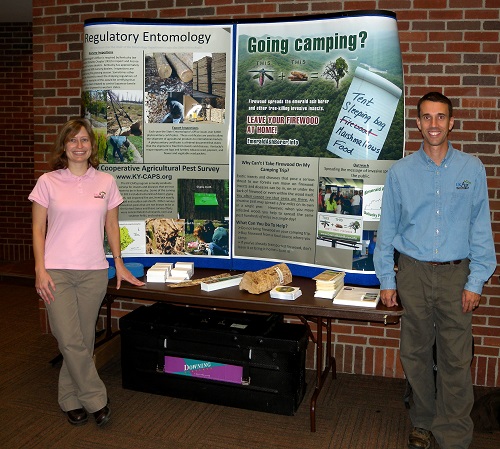Joe T. Collins

Last Revised: Oct 11th, 2024
Professional Biography
I am currently serving as the Past President of the National Plant Board and will serve in this role until August 2019. The National Plant Board (NPB) is a non-profit organization of the plant pest regulatory agencies of each of the 50 states plus the Commonwealth of Puerto Rico and Guam. The objective of the NPB is to foster effective and harmonized plant health programs and to act as a clearinghouse on plant pest prevention and regulatory matters.
The NPB works cooperatively with the National Association of State Departments of Agriculture (NASDA), the USDA’s Animal and Plant Health Inspection Service (USDA APHIS), Forest Service (USFS), and Agriculture Research Service (ARS) to prevent the entry of new pests and diseases into the country. NPB members also serve on various committees that work with USDA APHIS Plant Protection and Quarantine (PPQ). These committees are aimed at improving pest prevention and also improving the working relationships between state and federal plant health programs.

Above Left: Inspecting a hemlock tree for hemlock woolly adelgid (HWA). This is an invasive insect that is native to Asia and was first discovered in the eastern US in 1951. It was first detected in KY in 2006. Since that time it has been expanding its range and now infests hemlocks in a number of eastern KY counties. Hemlocks are an important part of the forest ecosystem because they provide shade to streams which keeps the water cool for aquatic life. HWA feeds on the sap of the tree which causes needle drop and crown thinning and eventual tree death.
Above Right: Inspecting an eastern black walnut branch for walnut twig beetle which is a tiny insect that carries the fungus that causes Thousand Cankers Disease (TCD). To date, neither the walnut twig beetle nor TCD has been found in KY however it has been found in localized populations in IN, MD, NC, OH, TN, VA, OH and PA. The walnut twig beetle is native to the SW US but until 2010 it was unknown to occur east of Mississippi River until dying walnut trees in Knoxville TN were found to have both the insect and TCD.

Above: Outreach is a vital component in our fight against invasive insects. Research has shown that both the Asian longhorned beetle and emerald ash borer can be unwittingly transported long distances in firewood. Our outreach efforts are aimed at informing the public about the risks that are associated with transporting firewood and to change the mindset of taking firewood on camping trips. Outreach also helps us to keep Kentuckians informed about other invasive insects that pose an imminent threat such as gypsy moth and imported fire ant.
